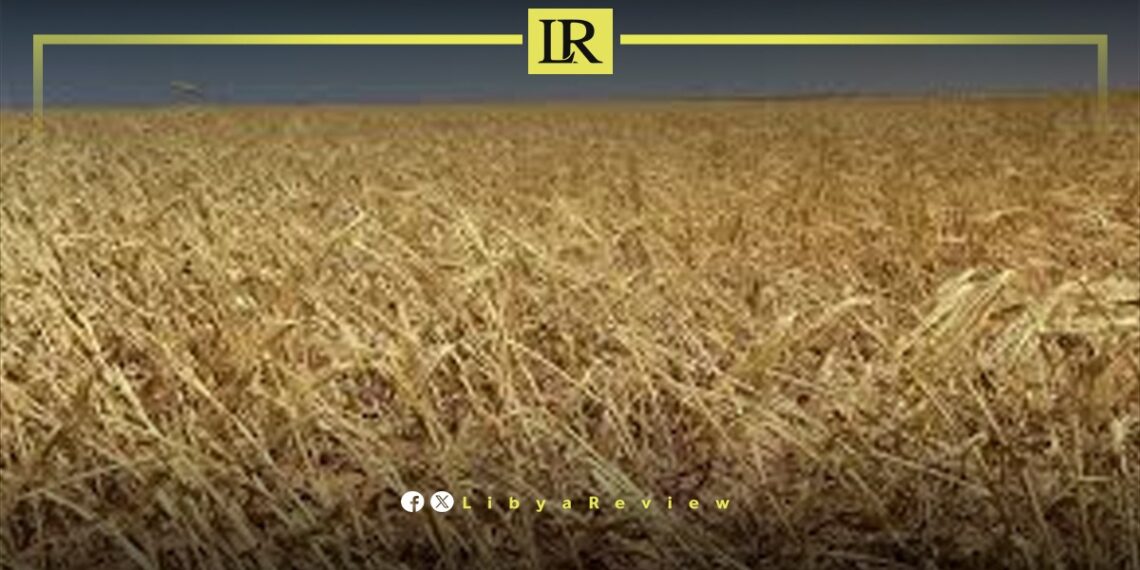Libya has solidified its position as one of the top importers of Russian grain, purchasing 2.5 million tons in 2024, according to data from RusAgroTrans.
This places Libya among the top ten global buyers of Russian grain, reflecting its growing reliance on imported wheat and barley to sustain domestic food consumption.
The report, published by Russia’s TASS news agency, highlights the increasing role of Russian grain in ensuring Libya’s food security amid ongoing agricultural challenges.
As Libya strengthens its trade ties with Russia, it joins a list of major grain-importing nations, including Egypt, which leads with 11.1 million tons, followed by Turkey at 7.2 million tons, and Iran with 5.6 million tons.
Other key buyers include Saudi Arabia, Bangladesh, Algeria, Kenya, Syria, and Yemen, all of which rely on Russian grain to meet domestic demand.
The steady growth in exports positions Russia as a dominant player in the global grain market, particularly in the Middle East and North Africa, where food import dependency remains high.
Russia’s overall grain exports reached a record 72 million tons in 2024, surpassing 68.6 million tons in 2023.
Libya requires 1.6 million tons of wheat annually to meet local consumption, yet its domestic agricultural sector remains underdeveloped due to water scarcity, inconsistent rainfall, and weak farming infrastructure.
The country’s reliance on oil revenues to finance food imports underscores the vulnerability of its food security, making it highly sensitive to global market fluctuations and supply chain disruptions.
Despite having vast arable land, Libya faces persistent challenges in modernizing its agricultural sector, leading to continued dependence on foreign grain suppliers.


